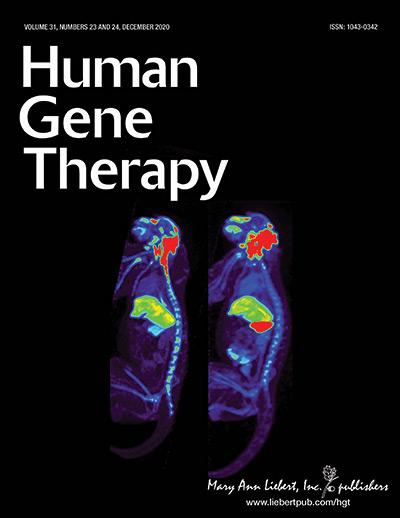
Credit: Mary Ann Liebert, Inc., publishers
New Rochelle, NY, January 19, 2021–Gene editing therapies, including CRISPR-Cas systems, offer the potential to correct mutations causing inherited retinal degenerations, a leading cause of blindness. Technological advances in gene editing, continuing safety concerns, and strategies to overcome these challenges are highlighted in the peer-reviewed journal Human Gene Therapy. Click here to read the full-text article free on the Human Gene Therapy website.
“Currently, the field is undergoing rapid development with a number of competing gene editing strategies, including allele-specific knock-down, base editing, prime editing, and RNA editing, are under investigation. Each offers a different balance of on-target editing efficiency versus off-target risks,” state Kanmin Xue, University of Oxford, and coauthors. “Testing these newly-developed CRISPR technologies in human retinal tissue, organoids and in vivo will help to highlight the most-viable therapeutic approaches for treating inherited retinal diseases in the future.”
Characterizing the rapidly evolving field of CRISPR-Cas based genome editing and current strategies for extending the capabilities of CRISPR-Cas9, the article also features epigenetic editing, the risks of retinal gene editing, and approaches in development to control Cas9 activity and improve safety.
“The eye is an ideal target for in vivo gene editing. Dr. Xue’s review provides an excellent overview of the current state of the art,” says Editor-in-Chief of Human Gene Therapy Terence R. Flotte, MD, Celia and Isaac Haidak Professor of Medical Education and Dean, Provost, and Executive Dep
uty Chancellor, University of Massachusetts Medical School.
###
About the Journal
Human Gene Therapy, the Official Journal of the European Society of Gene and Cell Therapy and eight other international gene therapy societies, was the first peer-reviewed journal in the field and provides all-inclusive access to the critical pillars of Human Gene Therapy: research, methods, and clinical applications. The Journal is led by Editor-in-Chief Terence R. Flotte, MD, Celia and Isaac Haidak Professor of Medical Education and Dean, Provost, and Executive Deputy Chancellor, University of Massachusetts Medical School, and an esteemed international editorial board. Human Gene Therapy is available in print and online. Complete tables of contents and a sample issue are available on the Human Gene Therapy website.
About the Publisher
Mary Ann Liebert, Inc., publishers is known for establishing authoritative peer-reviewed journals in many promising areas of science and biomedical research. Its biotechnology trade magazine, GEN (Genetic Engineering & Biotechnology News), was the first in its field and is today the industry’s most widely read publication worldwide. A complete list of the firm’s 90 journals, books, and newsmagazines is available on the Mary Ann Liebert, Inc., publishers website.
Media Contact
Kathryn Ryan
[email protected]
Related Journal Article
http://dx.




